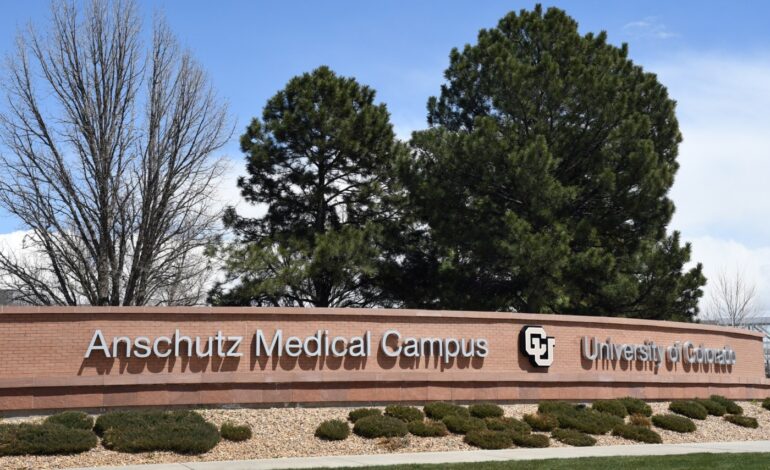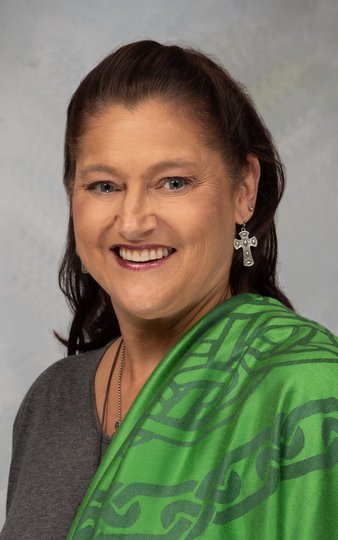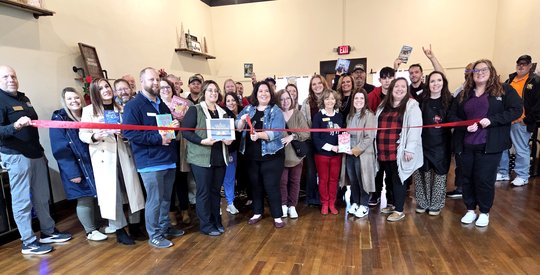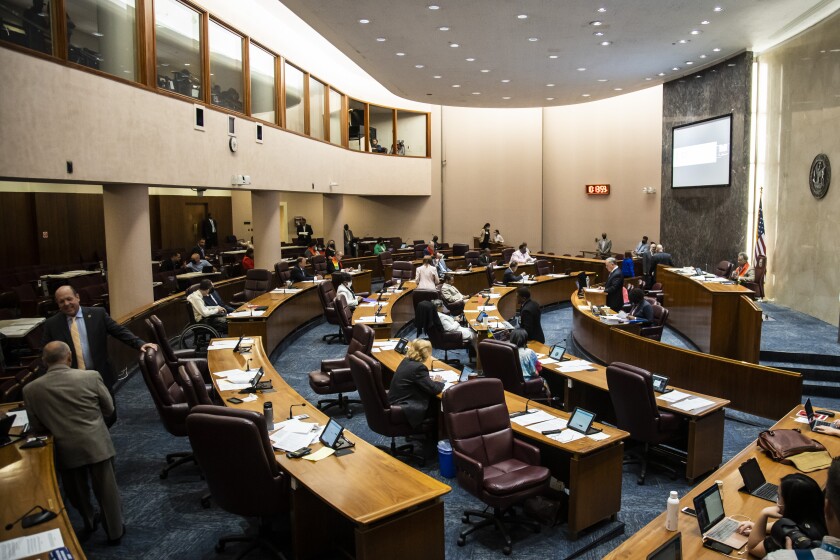Colorado Scientists Regain Federal Grants, Yet Challenges Remain

The reinstatement of federal health research grants in Colorado has brought relief to many scientists, but challenges persist. Approximately 60% of the federal health research grants terminated earlier this year have been restored, according to the volunteer tracking group Grant Witness. This decision follows significant pushback against the previous administration’s funding cuts, which targeted projects focused on diversity, equity, and inclusion.
Earlier in the year, the National Institutes of Health (NIH) canceled 53 grants to various Colorado institutions, leading to a loss exceeding $2 million. The initiative primarily affected research addressing health disparities among underrepresented groups, including people of color and LGBTQ individuals. While two grants remain canceled—one focused on vaccine hesitancy at Denver Health and another at the University of Denver examining health changes in same-sex couples—31 grants have officially been reinstated.
Despite this positive development, many researchers have reported delays in receiving funds, hindering their ability to proceed with projects. Researchers involved in the reinstated grants highlight that their work is still on hold due to pending funding for their partners or the complications arising from the reinstatement itself.
The reinstatement of these grants can be attributed to a lawsuit brought by Colorado and 15 other states against the NIH. A federal judge in Massachusetts ruled that the NIH must resume payments to public universities in those states. However, the University of Denver, being a private institution, does not fall under this order.
According to Scott Delaney, an epidemiologist at Harvard University’s T. H. Chan School of Public Health and co-founder of Grant Witness, the reinstatement on paper does not guarantee timely funding. The NIH has requested the U.S. Supreme Court’s permission to halt grant funding while the Massachusetts lawsuit is ongoing. This uncertainty means researchers may face financial instability once again.
Impact on Research and Training
Dr. Lisa Abuogi, a professor of pediatrics at the University of Colorado Anschutz Medical Campus, experienced a silver lining with the reinstatement of her grant aimed at assisting pregnant and postpartum women dealing with both HIV and mental health conditions. Yet, her partner institution, the Kenya Medical Research Institute, has not received its corresponding NIH grant, leaving her unable to restart critical work.
Abuogi emphasized the importance of her study. Individuals with HIV who also suffer from untreated anxiety or depression are less likely to adhere to treatment regimens necessary for their health and for preventing transmission to their unborn children or partners. The study aims to explore whether non-mental health professionals can effectively support these women, a question that is vital in both low-resource countries and the U.S.
Other researchers, like Dr. Heather Littleton, director of research operations at the Lyda Hill Institute for Human Resilience, are also feeling the effects of the funding disruptions. Littleton’s study, which seeks to determine if a group program for LGBTQ teens and their parents can help prevent dating violence, faced a setback when her grant funding was initially terminated.
After the reinstatement, she was able to rehire previously laid-off staff, but the urgency remains high. Littleton needs to recruit at least 40 families by October to ensure a successful outcome. The program’s emphasis on LGBTQ teens is crucial, as current research shows that interventions aimed at heterosexual teens do not yield the same positive results for LGBTQ individuals.
Broader Implications for Diversity in Science
The lost funding has broader implications, especially for projects focused on diversity and inclusion. Dr. Beth Tamburini, an associate professor at the Anschutz campus, highlighted the impact of funding cuts on students from underrepresented backgrounds. Her lab faced temporary funding loss for a student pursuing a Ph.D. on protein behavior in the liver. While the lab managed to adjust its budget to retain the student, the situation underscores the precarious nature of grant funding.
Similarly, doctoral student Dominique Ramirez at CU Boulder expressed concern about the stability of funding for his research on cell division and cancer. The funding disruption forced the lab to ration resources and limit experiments, emphasizing the detrimental effects on scientific progress and the potential loss of emerging talent in the field.
Graduate student Charlie Moffatt, who studies cellular genetic material and has faced similar funding challenges, noted that the experience has led to contemplation of research opportunities abroad due to the perceived instability in the U.S. funding landscape.
Moffatt, identifying as nonbinary and disabled, reflected on the systemic issues surrounding diversity grants, stating, “It doesn’t matter how good my science is, because I fall under this (diversity supplement) group.” Such sentiments highlight the urgency of providing stable funding for researchers from diverse backgrounds to foster a more inclusive scientific community.
The reinstatement of these grants marks a significant victory for researchers in Colorado, yet the ongoing uncertainties surrounding funding and the implications for diversity and equity in science remain critical issues to address. The path forward will require vigilance and advocacy to ensure that essential research continues without further disruption.






